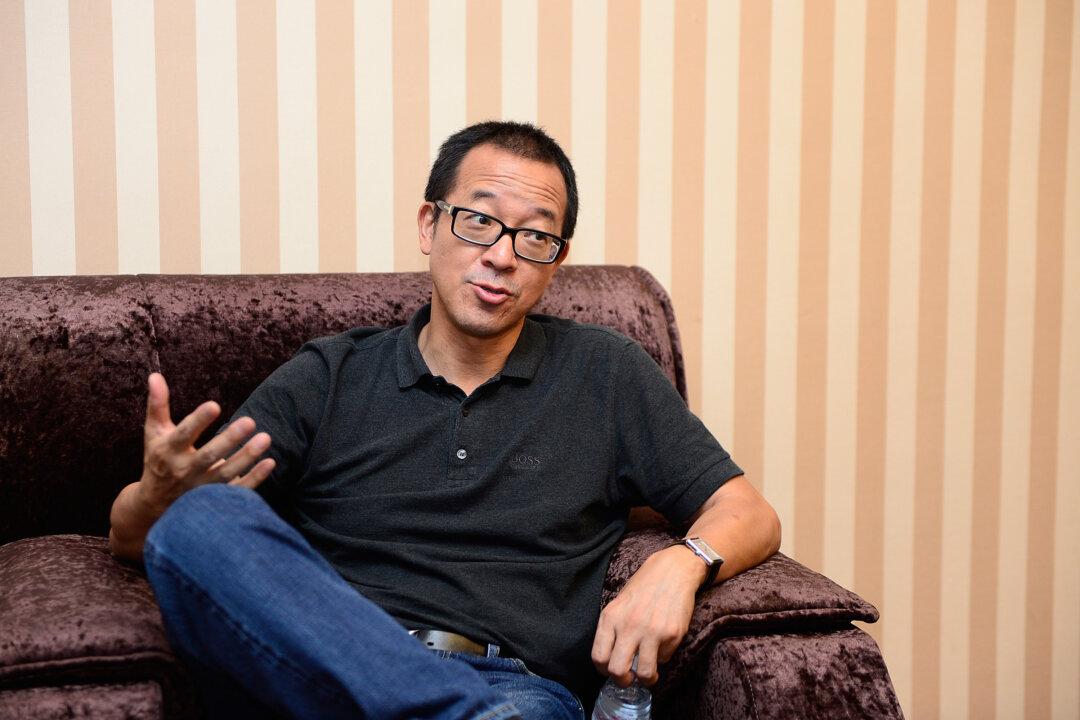A Chinese business leader reportedly called on Beijing to “respect the laws of the market economy” and improve its relationship with various industries during a major finance forum on Feb. 21.
“In respecting the market economy, genuine cooperation between government and business should pursue mutual development, instead of fostering a relationship of mutual constraint,” Michael M.H. (Minhong) Yu said at the China Entrepreneurs Forum, one of the Chinese private sector’s most high-profile forums, in Yabuli, northeastern Heilongjiang Province.




